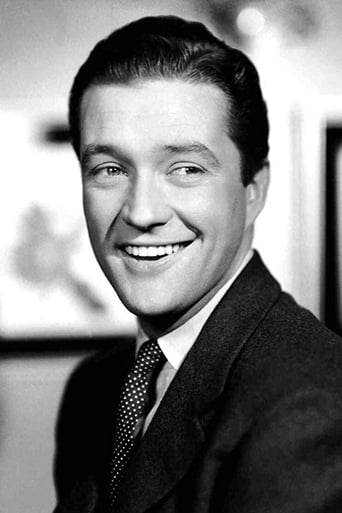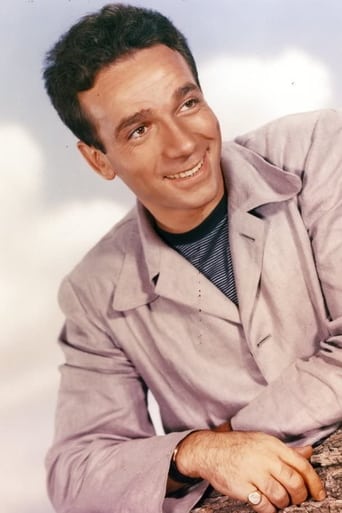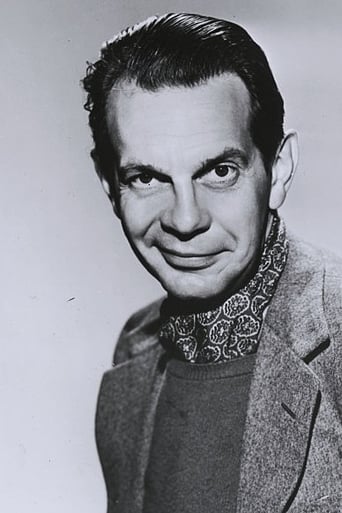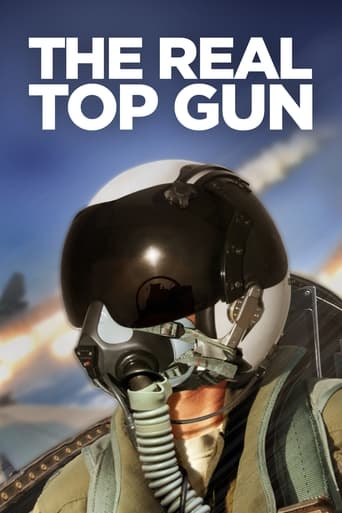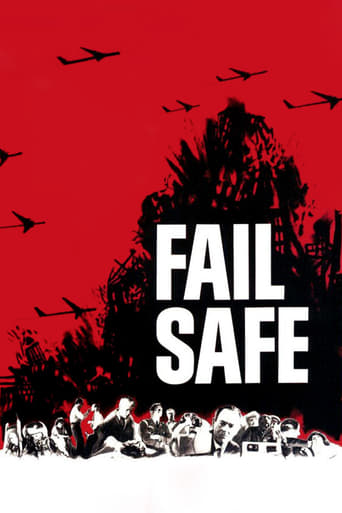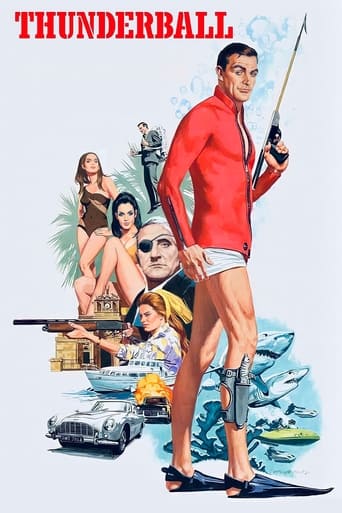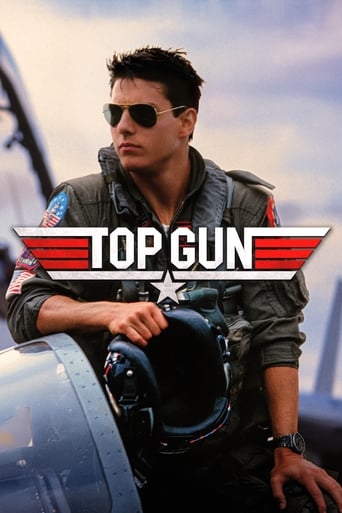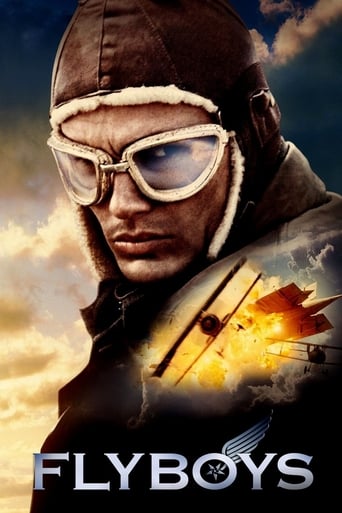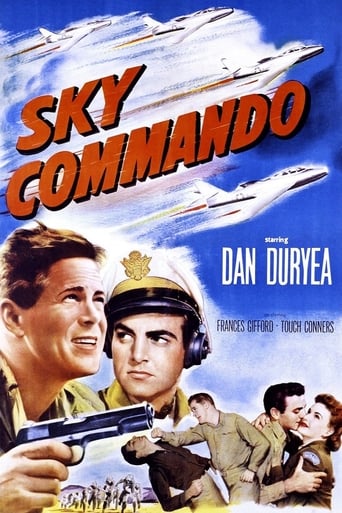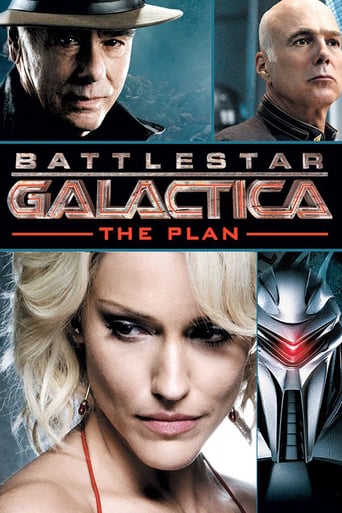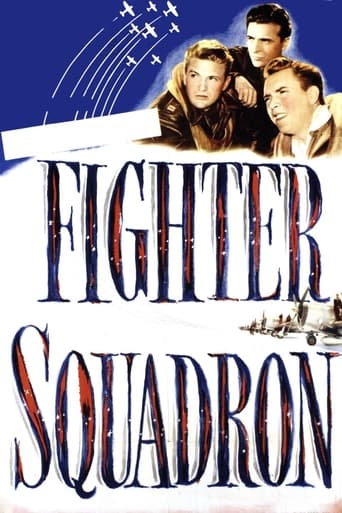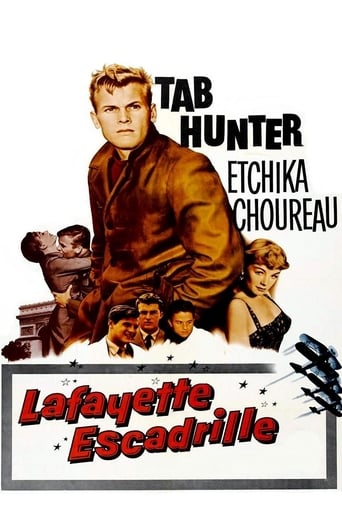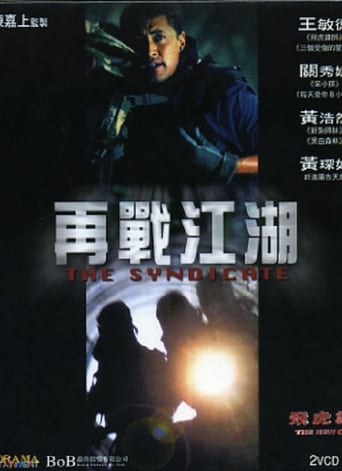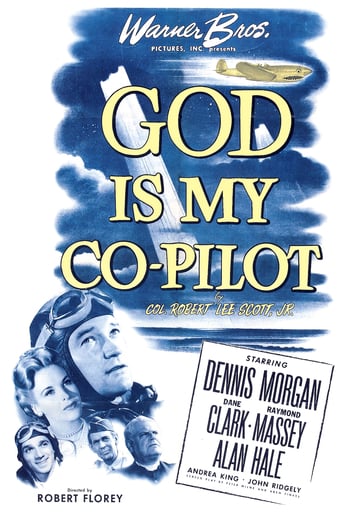
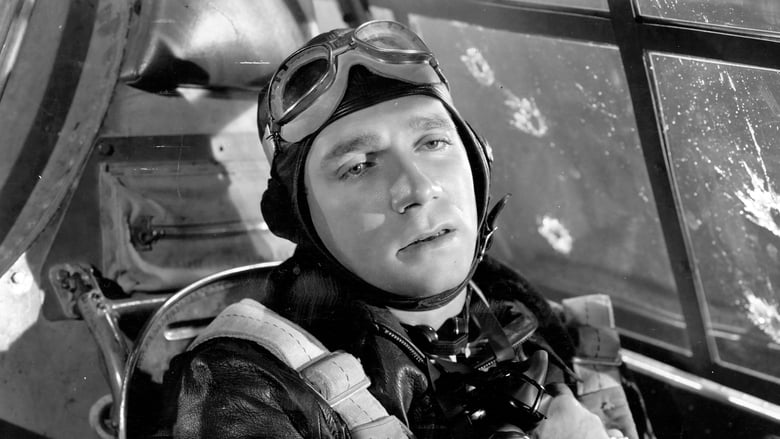
God Is My Co-Pilot (1945)
Robert L. Scott has dreamed his whole life of being a fighter pilot, but when war comes he finds himself flying transport planes over The Hump into China. In China, he persuades General Chennault to let him fly with the famed Flying Tigers, the heroic band of airmen who'd been fighting the Japanese long before Pearl Harbor. Scott gets his chance to fight, ultimately engaging in combat with the deadly Japanese pilot known as Tokyo Joe.
Watch Trailer
Cast


Similar titles
Reviews
Here is an absolutely incorrect statement - "WWII war movie about the fabled "Flying Tigers" who battled the Japanese over the skies of China as early as 1937, four years before the attack on Pearl Harbor, and amassed a record of air-to-air combat kills against the Japanese air force of something like 40 to 1." The foregoing is NOT true - the Flying Tigers flew their FIRST combat mission on 20 December 1941 MORE THAN TWO WEEKS AFTER PEARL HARBOR!!! They were disbanded on 4 July 1942 - they were only in combat for about six months. During that time they did establish an astonishing air-to-air kill ratio of somewhere between 29 to 40 to 1 (it is still in dispute). Gen. Chennault had been in China since 1937 working for the Nationalist government as an adviser and trying to develop a Chinese air force, with limited, if any success. Someone made a comment that the original AVG pilots refused to fly the 4 July 1942 mission- I'm sure they did, the unit had been disbanded by that time and most of the pilots had been treated like dirt by the Air Corps general, Bissell by name, who was tasked with trying to get them to stay on in the American army air forces. Read about that debacle sometime. By the way, Scott never flew with the Flying Tigers, he was brought in as the unit commander after it was integrated into the Army Air Forces, a few, but by no means all, of the original Tigers transferred over and continued to fight in China. Quite a few others went back to the States and re-joined their former services. Boyington went back to the Marine Corps, quite a few others into the Air Corps and served in Europe.The movie takes quite a few, in fact it takes a whole lot of,liberties with Scott's book, but the general idea is there as is the wonderful lack of "political correctness". This country knew how to fight a war back then and how to let it's military people "close with, engage and destroy" our enemies and they were allowed to refer to them as they saw fit. Krauts, Japs. Wops whatever, they were the bad guys. Let me assure you when someone is actively engaged in trying to kill you, you really don't care about hurting their feelings. For me VC & NVA will always be "gooks" and if that offends someone - well all I can say is "Tough! deal with it"! God help the Soldier or Marine today who calls an Islamic terrorist a "raghead" in front of some prissy journalist. These days - the poor S.O.B. would be court martialed and in the brig before he knew what hit him. Ah, for the good old days. This movie will take you back to them and remind you of a time when this country actually stood for something and had pride in itself.
Here in Atlanta we mourn the death Monday, February 27th of General Robert L. Scott, ace and author of the book from which this classic movie was made. Scott owed $25,00 in back taxes after publishing his (most successful) book in the Summer of 1943 - during the height of WW II. His publisher advanced the tax money to him and gave him another assignment. The result: "Damned to Glory". Other books include "Runway to the Sun", Look of the Eagle", Tiger in the Sky and another classic IMHO: "Chennault of China". They don't make 'em - men and movies - like this any more. Scott to his last days was a fixture at the renowned Museum of Avation in Warner Robins, GA. He was always very helpful and full of stories with which to inform and regale the museum patrons. He will be sorely missed. Get the movie and the book and savor them like old wine.
This film was made as WWII was ending. The main interest in it was the exciting aerial photography used in it. For a propaganda film, "God Is My Co-Pilot" presents one aspect of the conflict in the Far East. It's a story about bravery and courage as the young pilots of The Flying Tigers fought the conflict.The story of a war hero, Colonel Robert Scott, is at the center of the film. Col. Scott knew no fear as he took to the air. His comrades, the other pilots of the squadron, admired him deeply as he set a clear example about how to serve his country unselfishly. The air combats shown in the film must have been amazing to the audiences of the time in which the movie was released.Robert Flarey directed a film that made those young aces heroes in what would become the powerful might of the Air Force in future conflicts. Dennis Morgan was perfect as Col. Scott, the man who knew no fear. Raymond Massey plays General Chennault. Alan Hale appears as the friendly priest Big Mike. Some other familiar faces in the cast, Dane Clark, Mark Stevens, Craig Stevens, and other.The only thing with the print recently shown by TCM looks as though the film was re-dubbed as the dialog doesn't match the lip movements of the actors in the film.
**SPOILERS** WWII war movie about the fabled "Flying Tigers" who battled the Japanese over the skies of China as early as 1937, four years before the attack on Pearl Harbor, and amassed a record of air-to-air combat kills against the Japanese air force of something like 40 to 1.The story "God is my Co-Pilot" actually begins in the summer of 1942 with USAF ace Col. Scott, Dennis Morgan, depressed and heart-broken because he can't be part of a major air assault against Japanese forces in China. The movie goes into a flashback where we see how Scott got interested in flying as a young boy back in Georgia and eventually joined the USAF ending up in China as the first US military man to become a member of the "Flying Tigers"; The Tigers were exclusively made up of foreign, mostly Americans,volunteers. As you would expect the "Flying Tigers" airmen aren't that hip to a USAF man who's well over combat age, Scott is 34, joining up with their exclusive flying fighters squadrons. In no time at all Scott gets the hang of it and he becomes the hero, and to the battered and bloodied Japs,villain in the Chinese Theater of War. Back home in Macon Georga Scott's exploits make the front pages and his score of air-to air kills against the Japs are posted daily as if it was the score of a Championship Football or World Series Baseball game. The movie "God is my Co-Pilot" also has a Japanese villain in the person of Japanese air ace Tokyo Joe, Richard Loo, an American educated Japanese combat pilot who, by the number of USAF kill decals under the side-window of his Zero, seemed to have accounted for all the "Flying Tiger" P-40's shot down in China. Scott has a number of encounters with Tokyo Joe during the air combat in the movie and finally shoots him out of the sky by faking that he's in trouble, his engine is on fire, tricking Joe to lose his composure and overshoot his P-40. Scott ends up putting Joe right in the middle of his cross-hairs and thus became history and yesterdays news. Scott on a mission over Japanese held Hong Kong, where he downed Tokyo Joe, loses control of his plane and crashes and is given up for dead only to show up later alive and rescued by the local Chinese peasants. Dennis Morgan is both brave and humble as Col. Robert Lee Scott and even at the hight of the fighting has second thoughts about killing people, Japanese soldiers, even in wartime. Raymond Massey is excellent as the "Flying Tiger" commanded Gen Claire L. Chennault who answers Scott prayers at the end of the movie by giving him one last chance to go into combat. this after he was rendered useless as a combat pilot because of his nerves being shattered, from the combat missions he already flew, and the tropical illnesses he contracted in China. We never really get to know how Scott's last mission turned out since the movie ends before it even begins. Watching the movie it's obvious that it was non-other then Richard Loo as the wise-cracking Japanese air ace Tokyo Joe who has the best lines, which he delivers in perfect English, and the scenes with him interacting with the USAF and "Flying Tiger" pilots, like Col. Scott, are by far the best in the movie.


